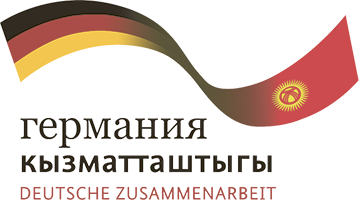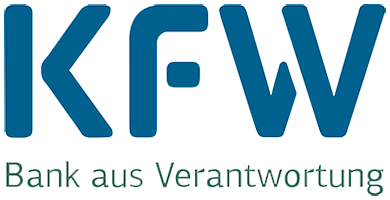THE IMPORTANCE OF FOOD SAFETY LABORATORIES & SELECTION PROCESS
As part of the “Value Chain Agro Finance” Project’s activities, technical support for laboratories is envisaged as food safety laboratories support food business operators to produce safe foodstuff and cover entire food chain. It is true to say that they may intervene to identify plant diseases, animal diseases, and aquaculture diseases; to test plant protection products and/or their residues in soil and arable water and/or in foods, veterinary drugs and/or their residues in foods, food packaging and/or migration of chemical contaminants from food packaging into foods. The laboratories test microbiological, chemical and sensory (appearance, odor, flavor, taste, and texture) properties in foods.
The results of such tests are used by stakeholders to verify the compliance of foods to the requirements. Primarily, the food business operators are obliged to verify and validate the effectiveness of their internal controls and demonstrate its effectiveness to stakeholders (self-regulation). Second, the Authorities test foods from a particular food business operator to verify its compliance to the requirements and collect samples from markets to monitor the quality and safety of the food supply chain in general.
Today, food supply chains have become extremely complex and global. For example, a food on your table may contain ingredients from all over the world. Therefore, inter alia, it is critical to demonstrate high level of competence to gain recognition in target export markets and ensure higher level of consumer protection. A laboratory communicates its capacities and competences through accreditation to international standards such as ISO 17025. An accredited laboratory maintains a complex system to maintain precise and repeatable test results using validated test methods. Laboratory accreditation is an audit by independent authoritative body, which officially recognizes the competences of a particular laboratory for specific tests.





